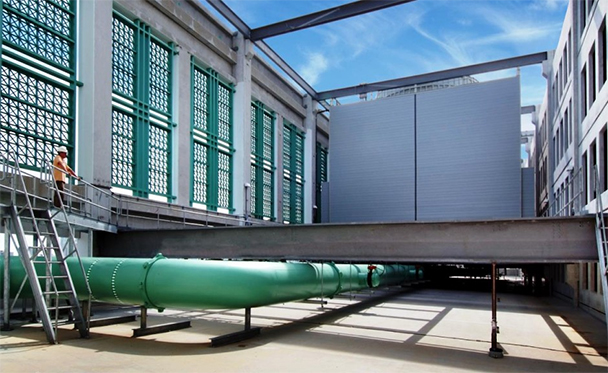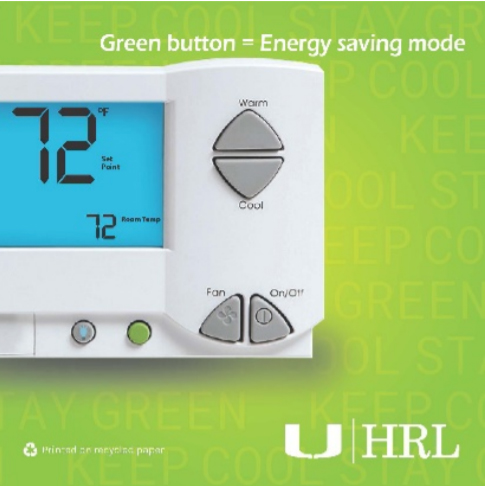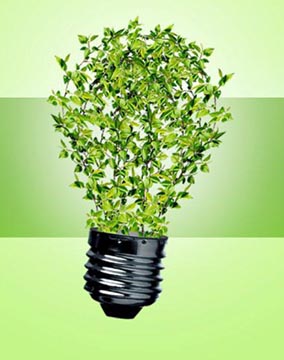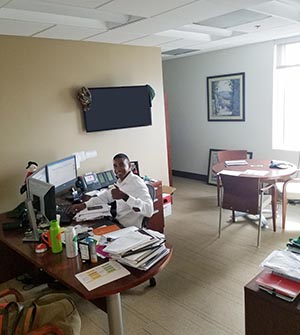This Summer break, Green U is inviting all faculty and staff to support UM’s Energy Conservation Initiative.
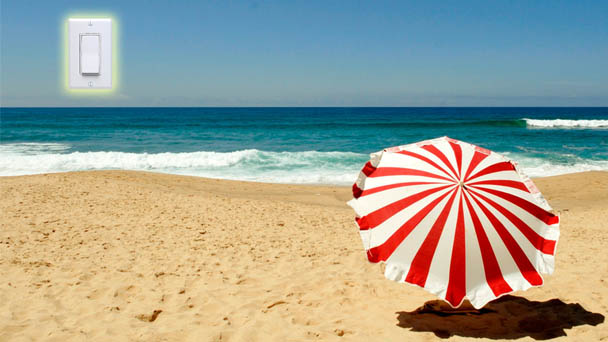
With your support, the University can help reduce its carbon footprint. Prior to leaving on break, please take the following energy-saving measures:
• Turn off all lights, PCs, Office equipment and Electronics. This includes equipment chargers, copy machines and all other personal electronics.
• For Personal and office refrigerators: clean out contents, defrost and unplug prior to the break period.
• Review all offices, classrooms, labs, gyms, locker rooms, media centers, restrooms, cafeterias, kitchens and break rooms, and report to Facilities Customer Service for temperature adjustment.
• Shut the fume hood sash in labs.
• Ensure all exterior doors and windows are properly closed.
• Submit any requests for facility-related repairs on items that may impact energy usage to Facilities Management.
If your department has any continuity-of-service needs, and you are not sure exactly what to do, PLEASE CALL Facilities & Operations at 305-284-8282./ Medical: 305-243-6375
*****
This Winter break, the Office of Sustainability is inviting all faculty, staff and students to support UM’s Energy Conservation Program.

With your support, the University can reduce its carbon footprint during this semester break. Prior to leaving for the break, please take the following energy-saving measures:
- Submit a temperature & occupancy setback request for any spaces that will be unoccupied during the entire break period. You can contact Facilities & Operations (F&O) at 305-284-8282 (Coral Gables); 305-421-4815 (RSMAS) or Submit a Service Request online // 305-243-6375 (Medical campus) or visit Miller School of Medicine Service Request online.
- Turn off all the lights, PC monitors/accessories, office equipment and electronics. This includes equipment chargers, copy machines and all other personal electronics. Set your PC’s power saver mode active; Follow this link for instructions.
- For personal and office refrigerators: clean out contents, defrost and unplug prior to the break period.
- Review and report any offices, classrooms, labs, gyms, locker rooms, media centers, restrooms, cafeterias, kitchens and break rooms where a temperature adjustment or setback can be made.
- Shut the fumehood sash in all labs.
- Ensure all exterior doors and windows are properly closed. Contact Facilities & Operations with any issues that require corrective action.
- Submit requests for facility-related repairs on items that may impact energy, water or occupancy usage.
If your department has any continuity-of-service needs, please call Facilities & Operations by Tuesday, December 10, at 305-284-8282 (Coral Gables); 305-421-4815 (RSMAS) or Submit a Service Request online // 305-243-6375 (Medical campus) or visit Miller School of Medicine Service Request online. br




